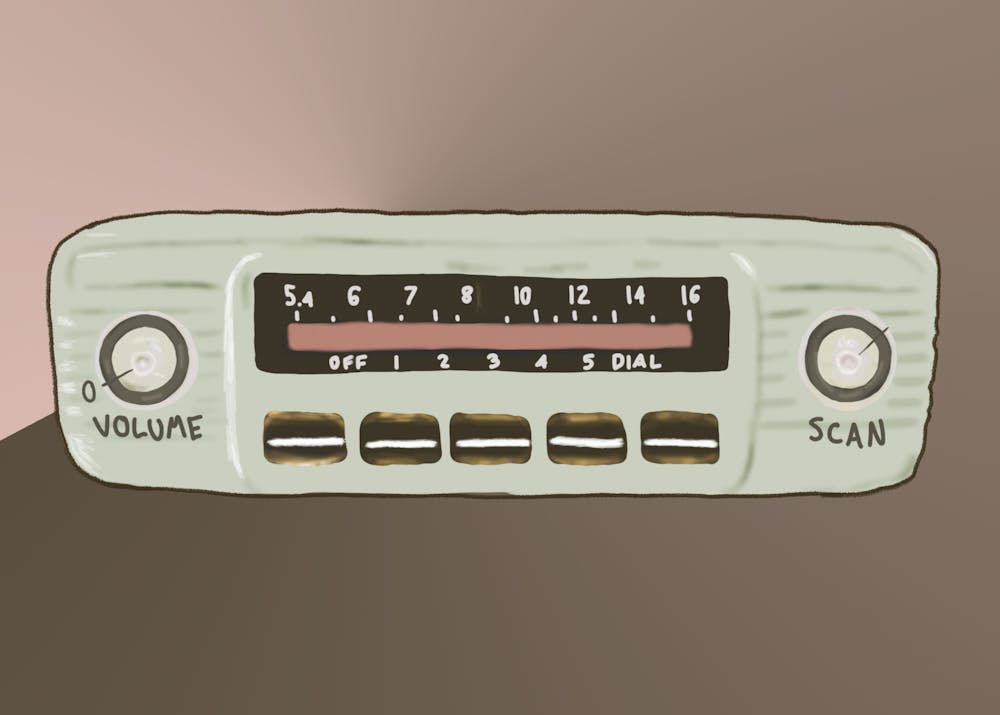Last semester saw, of course, a significant moment for the Honor Committee. The student body voted for a major reform to the University’s Honor system, reducing the single sanction to a two-semester leave of absence. Of the more than 6,000 students who voted on the referendum, over 80 percent were in favor of the change. Despite this, it would not be fair to say that the proposal didn’t have its critics. A fringe alumni group known as the Jefferson Council has spent the last year arguing for the Honor system’s unaltered preservation. Our governor has opted to give the group’s president and Class of 1975 alumnus Bert Ellis a seat on the Board of Visitors, the University’s highest governing body. Ellis has consistently denigrated the recent attempts at progress the Committee has made. Even worse is that — in the face of direct attacks from this influential individual — the Committee has remained totally silent, failing to stand up for itself or the student body that is guiding its decisions. Given the Committee’s continuous contributions to institutional inequalities, this silence is especially harmful to students who are disproportionately affected by the Committee’s shortcomings.
For those who do not know, the Jefferson Council is a conservative alumni group dedicated to “preserving the legacy of Thomas Jefferson, the Lawn, the Honor Code and the intellectual diversity one would expect from Mr. Jefferson’s University.” As fascinating as the entirety of that statement is, it is especially interesting to consider what could possibly be meant by preserving the legacy of the Honor Code. Is it referring to the arcane tradition of expelling anyone and everyone that is found guilty? Or the fun little game where we subject accused students to stressful, months-long wait times while their future hangs in the balance as their case is processed? Maybe what the group is trying to preserve is the tradition of reporting minority students at rates several times higher than their white peers. Despite what the Jefferson Council says, it is clear that Honor’s legacy is something our community should repent for, not preserve.
When it became apparent last year that students wanted Honor to address its legacy of harm by voting to reduce the severity of the single sanction, Ellis launched an unnecessary and sensationalized campaign. Since his appointment to our Board of Visitors, student groups like Student Council, University Democrats and this Editorial Board were quick to point out that Ellis is unfit to serve on our institution's highest governing body. Even professors have raised the issue. Yet one organization has remained totally silent — Honor.
This is not the first time the Committee has remained silent on an important issue. Back in 2020, the chair of the Honor Committee released a statement on behalf of the Committee apologizing for its silence in the wake of George Floyd’s and Breonna Taylor’s murders. He attempted to justify the situation by explaining that the Committee doesn't usually comment on things “unrelated” to Honor. On this standard, how can the Committee justify its silence in the face of Ellis’ remarks? He has directly attacked the principles of student self-governance and the state of Honor at the University. Ellis has also implied that by changing the Honor system, we have destroyed all that is special about our school. The Committee’s silence in the face of these outlandish remarks from a person tapped to sit on our Board of Visitors isn’t merely disheartening — it is dangerous. The Board of Visitors is the agency responsible for granting the Committee its power. As Youngkin continues to make appointments over the rest of his term, the Committee’s complacency threatens to allow the Community of Trust to regress into its dogmatic past. Honor’s refusal to stand up for itself and defend the actions of the student body spits in the face of all the activism that is being done to change Honor, and it endangers the very little progress we have already made.
The Committee’s silence speaks volumes. At this point, it is not even clear to me whether anyone on the Committee disagrees with Ellis. The Committee has proven it is comfortable allowing alumni to define Honor for us — the current student body that the system is supposed to support. Furthermore, this silence continues an unfortunate trend of Honor failing to protect the same marginalized communities it is so quick to punish. It is long past time for Honor to take a stand. Simply put, Honor has demonstrated why students are so disaffected with its system — representatives don’t have the courage to defend the actions of the people they were elected to represent. We should all be embarrassed.
Nathan Onibudo is an Opinion Columnist who writes about administration and student self-governance for The Cavalier Daily. He can be reached at opinion@cavalierdaily.com.
The opinions expressed in this column are not necessarily those of The Cavalier Daily. Columns represent the views of the authors alone.







